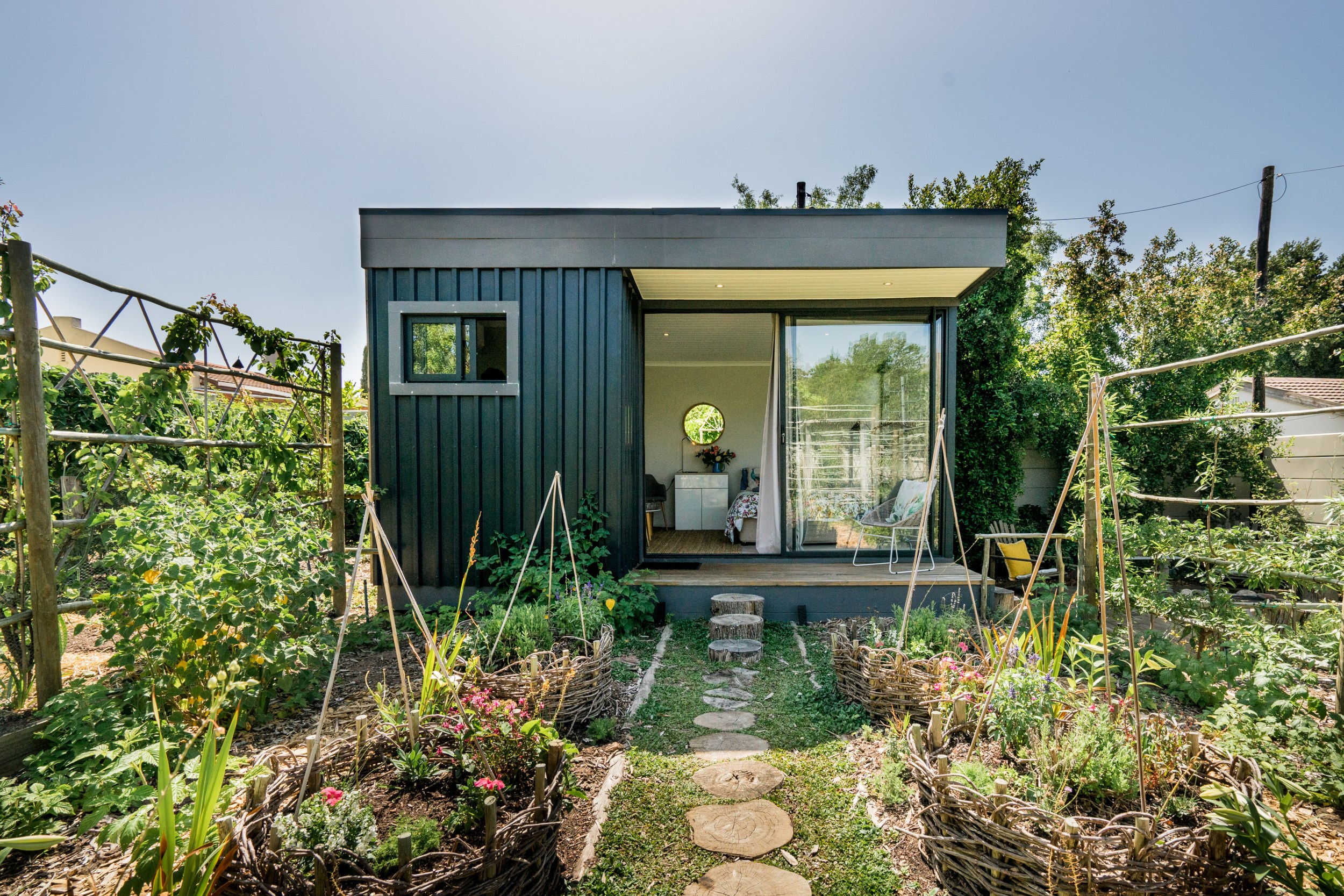Top trending towns as domestic tourism in South Africa booms
Key Takeaways
- Queenstown, Mahikeng and Witbank emerge as some of the top trending towns for South African travellers.
- Domestic travel is thriving, with bookings in the first half of this year up approximately 65% compared to the same time in 2019.
- Queenstown in the Eastern Cape is the top trending town in South Africa, seeing approximately a 245% increase in domestic stays in the first half of 2022 compared to the same time in 2019.

Key Takeaways
- Queenstown, Mahikeng and Witbank emerge as some of the top trending towns for South African travellers.
- Domestic travel is thriving, with bookings in the first half of this year up approximately 65% compared to the same time in 2019.
- Queenstown in the Eastern Cape is the top trending town in South Africa, seeing approximately a 245% increase in domestic stays in the first half of 2022 compared to the same time in 2019.
Airbnb can today reveal South Africa’s top trending destinations for in-country travel, with Queenstown, Mahikeng and Witbank in particular attracting domestic travellers in droves.
Following a volatile few years at the hands of the pandemic, domestic travel is thriving, with bookings in the first half of this year up approximately 65% compared to the same time in 2019. Locals are searching for the hidden gems in all parts of the country, while the increased flexibility of remote work is also seeing people stay for longer.
The rebound in domestic tourism is good news for local Hosts and businesses battling increasing living costs. Half of Hosts across South Africa say they host to afford the rising cost of living, while over a third say the additional income helps them make ends meet*.
The typical South African Host earns just over R26,000 – equivalent to approximately one months additional pay for the average income earner – by renting their space on Airbnb.
The survey also showed that the rising cost of living is pushing guests to seek more affordable family travel on Airbnb. 3 in 5 guests say booking on Airbnb saved them money and one third said they specifically chose Airbnb over other types of accommodation to save money.
The town of Queenstown in the Eastern Cape and Witbank in Mpumalanga emerge as hotspots, boasting amazing hiking and biking trails and a picture-perfect mountain backdrop for the evenings. Polokwane in Limpopo and Mahikeng in the North West province are close to many nature reserves, ideal for spotting the likes of rhinoceroses or giraffes in their natural habitat and enjoying some of the best safaris in Africa.
For those looking to relax by the pool or play a round of golf, Middelburg in the Eastern Cape is ideal for a weekend break. Another standout town is Ceres, which is only 150km away from Cape Town. The region is home to some of South Africa’s best vineyards, with wine tours abound throughout the town and unique stays which can be discovered in the Vineyard Category.
Airbnb’s top trending small towns for local travel in South Africa**:
- Queenstown, Eastern Cape
- Mahikeng, North-West
- Witbank, Mpumalanga
- Middelburg, Eastern Cape
- Polokwane, Limpopo
- Cullinan, Gauteng
- Brakpan, Gauteng
- Mankoeng, Limpopo
- Ceres, Western Cape
- Midrand, Gauteng
Velma Corcoran, Regional Director for Middle East Africa at Airbnb, said,
“It’s fantastic to see South Africans embracing travelling domestically and spreading the benefits of tourism to all corners of the country after a tough couple of years. As many South Africans battle rising living costs, local travel is helping to support Hosts and businesses in the communities they call home. Airbnb was born during the Great Recession and once again, hosting is proving to be an economic lifeline for thousands of South African families looking to make ends meet.”